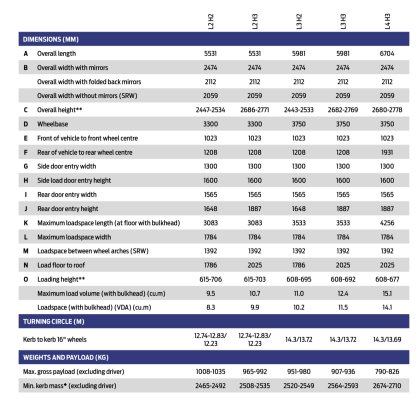Well obviously it takes longer to charge than put petrol or diesel into a tank (to make a direct comparison you would only be adding 15 litres or so, which would take maybe 30 seconds). The main difference though is that on the specific journey you quoted it's extremely unlikely you'd need to do this in an ICE vehicle, whereas in the EV mentioned it seems you would definitely need to stop in order to be sure of getting home.
To be clear if you'd posted about a trip that an EV was going to make without stopping, solely based on cheap home charging, and perhaps commenting on how inexpensive it was going to be (taking into account charging losses and pre-heating of course

) then that would have been much more impressive. I'm still surprised that a modern high spec. car like a Tesla Model 3 can't manage a 300 mile run when needed ... that distance is regularly quoted as a typical usable range for modern EVs.
As an aside I don't use motorway services in the UK - with a 600 mile range I never need to. Far quicker and cheaper to top up if necessary from any of the dozens of forecourts I pass beforehand that are just yards from my direct route.



